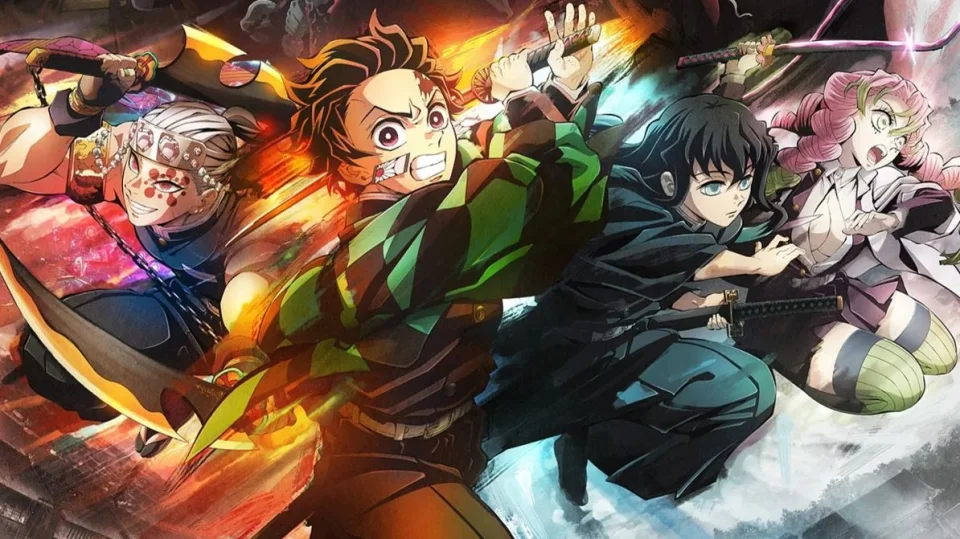Twitter manga leakers are at risk

On August 20, a court in the United States issued an order to reveal the information of users responsible for the illegal leaking of anime episodes before their official premiere, specifically the popular series "Kimetsu no Yaiba" (Demon Slayer) and "Jujutsu Kaisen". This decision marks a milestone, as it is the first time that a court in the US has taken such a measure in relation to Japanese anime.

The court order came after in June 2024 the companies Aniplex Inc. and Toho Co., Ltd., both members of the Content Overseas Distribution Association (CODA), filed a petition requesting the disclosure of information about the accounts involved in the leak. CODA played a pivotal role in collecting evidence and providing legal support for this request. The copyright of these series is in the hands of these companies, which has allowed them to legally advance in the search for those responsible.
According to CODA, the leaks included unpublished video content and static images from the aforementioned series and were published on several Twitter accounts. These posts quickly gained popularity, racking up a large number of views. It has been reported that a total of 12 accounts on Twitter have been flagged by the court, as they had been sharing the content without authorization and without legal access to it since last year.
This is not the first time that illegal previews of this type affect anime. CODA has received numerous complaints related to leaks prior to official releases of other titles, and is working with copyright holders to gather more information and take similar action in future cases. The disclosure of these users' information is just the first step in a broader plan to take strict legal action against those who distribute content without authorization, seeking to impose exemplary penalties that deter others from leaking.
Do leaks ruin viewers' experience?
The impact of leaks on the anime industry is a topic of constant debate. On the one hand, the most loyal fans prefer to enjoy the content in its official format, supporting the creators and making sure to have the best quality in the visual experience. On the other hand, leaks generate an early expectation that can damage the experience of watching the episodes at the scheduled time.
The viewer's experience can be affected in a number of ways. First, leaks on Twitter often include incomplete or low-quality material, which distorts the way the final product has been conceived. In addition, those who access this content ahead of time could be spoiled, depriving themselves of the surprise and impact that the creators seek to generate with each episode. In the case of such popular series as "Kimetsu no Yaiba" and "Jujutsu Kaisen," which are known for their thrilling plots and plot twists, these leaks can ruin the collective enjoyment when the official episode is finally released.
On the other hand, leaks affect anime studios and producers financially, as a large part of their income comes from audiences in official releases and subscriptions to streaming platforms. If episodes circulate for free and ahead of time, the incentive to pay for content decreases, negatively affecting the financing of future productions.
In short, while some may see the leaks as an opportunity to see content before others on Twitter, the damage they cause to the industry and the viewer experience is significant. Legal measures like the ones being taken now seek to protect both creators and fans, ensuring that the anime can be enjoyed the way it was planned, preserving the emotion and integrity of the content.
Source: Yomiuri Shimbun

